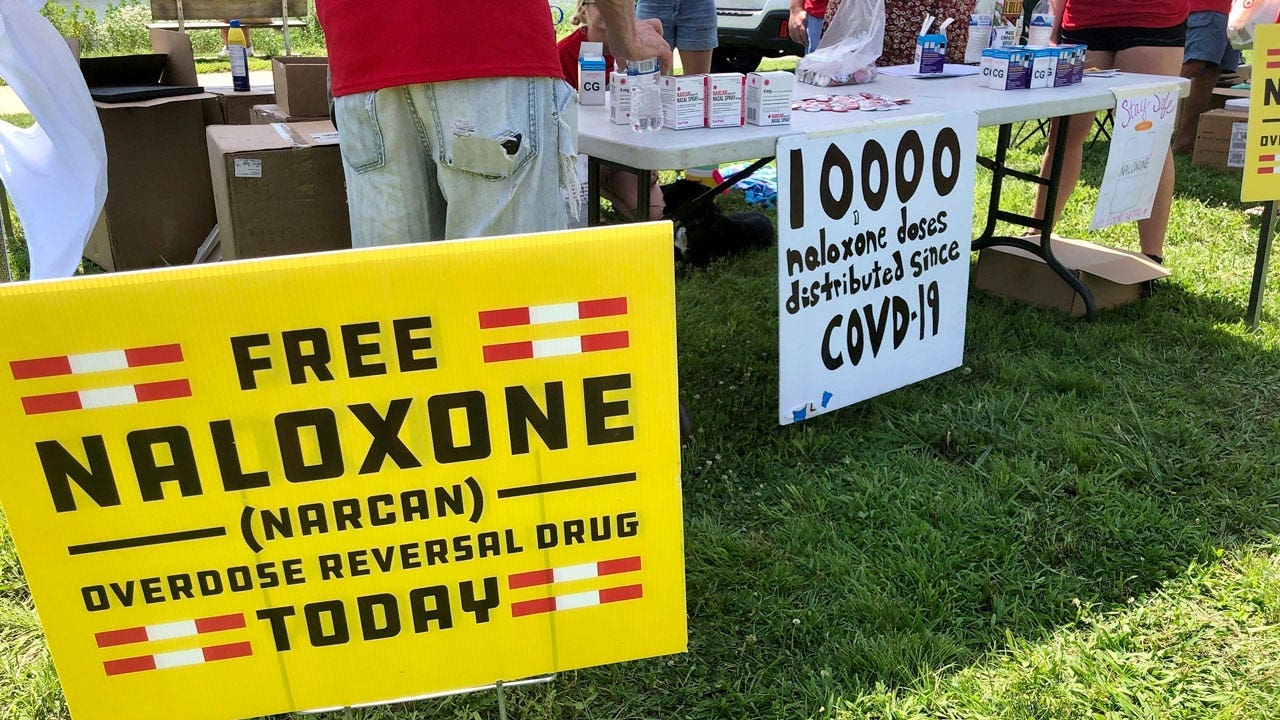The term “leadership” is widely discussed and frequently used. Ironically, if I did a survey of 100 chief executives and asked them to define the word leadership, I would typically get a wide variety of definitions.
Some would say leadership is about inspiring others.
Some might say it’s about setting objectives and getting things done.
Many would say leadership really can’t be taught or learned — you’ve either got it or you don’t.
Still others would say, “forget about all that qualitative stuff, leadership is about producing results! If you’re making money, you probably a good leader!”
[pullquote]
The fact is, there is wide debate on what constitutes leadership and whether a mere mortal can learn to do it. At the same time, most people say they aspire to be leaders and/or say the country needs more leadership — there’s often talk about a “leadership crisis” and shortage of leaders.
With all this focus and debate, it is not hard to see why many executives are at least a little confused as to what they’re supposed to do if they want to be a strong leader. Additionally, they’re not quite sure whether this is something they’re just born with or something they can learn.
I have spent the last several years trying to demystify this term and help people learn to be leaders.
To do this, I would first lay out my own definition. Leadership, as I define it, requires 3 key elements:
1. Can you figure out what you believe (and what you would do) if you were in charge? This is not about what the boss thinks, or others would like to see you do — this is about, after careful thought and analysis, what do you believe. It’s about getting to conviction.
Leaders can’t always figure out what they believe but they are always striving to figure it out. This isn’t about pointing out the flaws in others’ actions, it’s about going a step further and saying what actions you would take if you were the owner. This is challenging and leaders are constantly striving to get there.
2. Once you figure out what you believe (as if you were in charge), do you have the courage and skills to act on those beliefs? Lots of people can say what they might have done after a decision gets screwed up — or say what they might have done after it’s too late. Leaders act on their beliefs while there’s time to take action.
Yes, they stick their necks out by speaking up or committing to a course of action (often by working through others). Of course, by doing this, they risk being wrong and being criticized for their actions. That’s leadership.
3. Leadership involves doing numbers one and two in service of adding value to others. Leadership is not about how to act in a way that helps just yourself. It is about acting in a way that adds value to someone else — a community, a customer, a company, a country, a constituency etc.
In my book, if you do these three things, you are exhibiting leadership. By this definition, you can manage no one and be a superb leader — think of moms, dads, policeman/woman, soldier, small business person, marketing person, government or non-profit employee, etc.
Anyone who figures out what they believe and acts on their beliefs in a way that adds value to others is a leader. By the same token, you could manage thousands of people and not be a leader at all if you don’t exhibit these qualities.
So, if this is the aspiration, why is leadership so hard? Why do so many people struggle to be leaders? In my experience, two or three challenges exist:
1. Are you willing to ask a question? In order to figure out what you believe and act on it, you’ll likely need to get advice from others — are you confident enough to do this? Or do you believe you need to have all the answers?
2. Isolation and inability to learn. Relating to the first issue, do you think you’re supposed to know everything — or at least act like you do? If so, you will likely fail to get input from those around you. When you do that, you become isolated and shut off your ability to learn. That makes it awfully tough to figure out what to do and act on your views in an effective way.
3. Are you willing to be authentic and vulnerable? Each person has a different tolerance for looking stupid, being wrong, making a mistake. Leadership involves sometimes taking risk and certainly being wrong — and admitting it.
Can you do that or does it make you feel so uncomfortable you’d prefer to do what’s safe, what the boss or board wants or what is popular? Only you know the answer.
The world needs leadership. It is an essential ingredient to addressing many of the challenges and opportunities we face.
I fervently believe it can be learned and practiced.
It requires courage and taking action. Are you willing to tackle this challenge and work on improving your leadership?
It’s a life-long effort about learning to seek advice, do analysis, engage others and ultimately understand yourself.




Leave a Reply